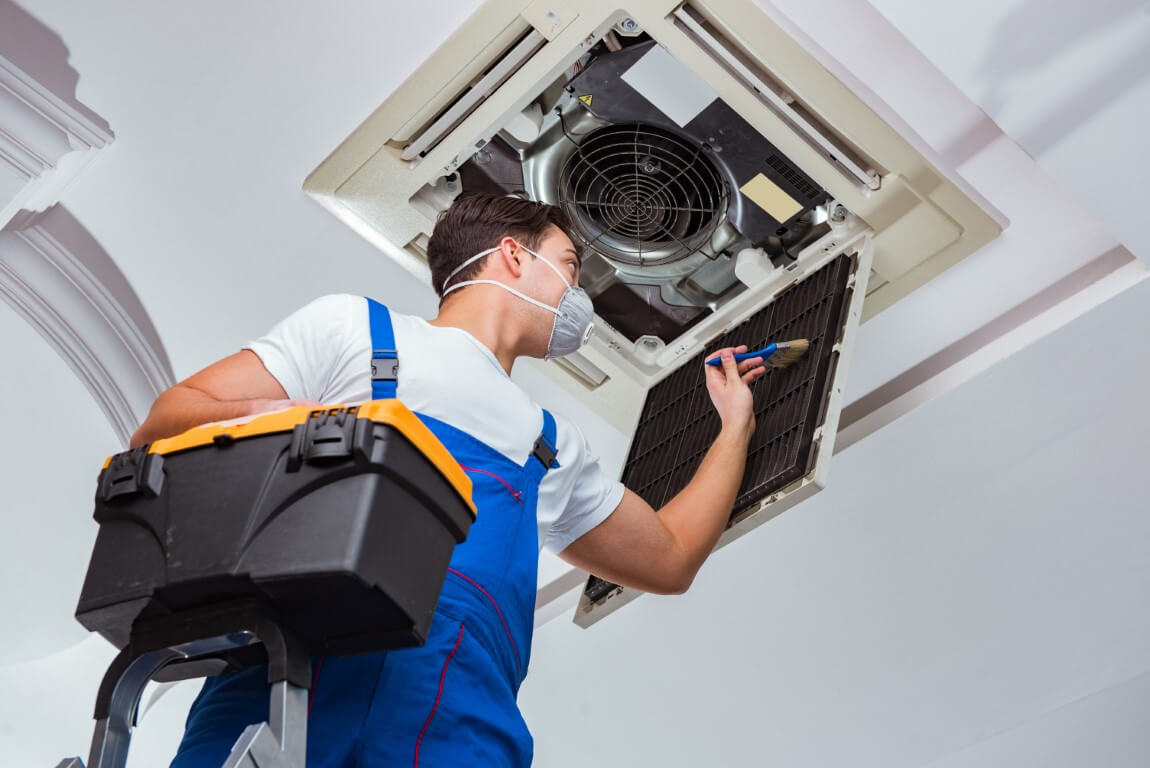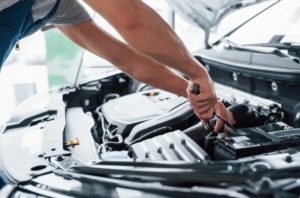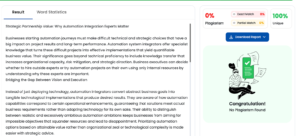Air conditioning (AC) systems have become an indispensable part of modern living, especially during the scorching summer months. There’s nothing quite like stepping into a refreshingly cool room on a hot summer day.
However, to ensure that your AC keeps performing at its best, regular maintenance is essential. In this guide, we’ll discuss AC repair and regular maintenance. From troubleshooting common issues to implementing preventive measures that will keep your system running smoothly for years to come.
Troubleshooting Common AC Issues
When your AC starts acting up, it’s crucial to address the problem promptly to prevent further damage, and sometimes a new air conditioning installation is the best solution.Here are some common issues you might encounter and how to tackle them effectively:
1. Lack of Cooling:
One of the most frustrating problems with an AC unit is when it fails to cool the room effectively. If you find yourself in this situation, here’s what you can do:
- Check the thermostat settings to ensure they are correctly set to cool mode.
- Inspect the air filters and clean or replace them if they are dirty or clogged. Restricted airflow due to dirty filters can significantly reduce the cooling efficiency of your AC.
- Take a look at the outdoor unit (condenser) to make sure it’s not obstructed by debris or foliage. Clear any obstructions that may hinder airflow around the unit.
2. Strange Noises:
Unusual sounds coming from your AC unit can be a cause for concern. Here’s how to troubleshoot them:
- Grinding or squealing noises may indicate problems with the fan motor or compressor. Turn off the AC immediately and call a professional technician to inspect and repair the issue.
- Hissing sounds could signal a refrigerant leak, which poses health risks and can damage the AC system if left unaddressed. If you suspect a refrigerant leak, shut off the AC and seek professional assistance.
- Rattling noises might be caused by loose components within the unit. Check for loose screws or bolts and tighten them if necessary. If the rattling persists, it’s best to have a professional technician inspect the unit to prevent further damage.
3. Water Leaks:
Water leaks from your AC unit can indicate various issues, including clogged drain lines or a malfunctioning condensate pump. Here’s what you can do:
- Check the condensate drain line for blockages and clear any debris that may be obstructing the flow of water.
- Inspect the air handler (located indoors) for signs of ice buildup, which can indicate issues with airflow or refrigerant levels. If you notice ice buildup, turn off the AC and allow the ice to melt before seeking professional assistance.
Implementing Preventive Maintenance Measures
While addressing common AC issues is essential, implementing preventive maintenance measures can help prolong the lifespan of your AC system and prevent future problems. Here are some tips to keep your AC running smoothly:
- Regular Filter Replacement: Dirty air filters can restrict airflow and reduce the efficiency of your AC. Check the filters regularly and replace them every 1-3 months, depending on usage.
- Cleaning the Outdoor Unit: Clear any debris, leaves, or vegetation from around the outdoor unit to ensure proper airflow. Use a garden hose to gently clean the condenser coils and remove dirt buildup.
- Schedule Professional Inspections: Annual maintenance by a qualified HVAC technician can help identify and address potential issues before they escalate into costly repairs. A professional inspection typically includes cleaning the coils, checking refrigerant levels, and testing the overall performance of the AC system.
- Sealing Leaks and Insulating: Proper insulation and sealing of windows, doors, and ductwork can improve energy efficiency and reduce the workload on your AC system.
- Invest in a Programmable Thermostat: A programmable thermostat allows you to set temperature schedules based on your lifestyle and preferences, optimizing energy usage and maximizing comfort.
Professional evaluation of air conditioners is important to ensuring optimal performance and longevity. While DIY maintenance can address some issues, HVAC technicians are trained to identify and rectify complex problems that may go unnoticed by untrained eyes.
Regular professional evaluations help prevent potential breakdowns, extend the lifespan of the equipment, and ensure safe operation. HVAC technicians also possess the necessary tools and equipment to accurately measure refrigerant levels, test electrical components, and assess overall system performance, providing homeowners with peace of mind and confidence in their AC system’s reliability.
Conclusion
Maintaining your AC system doesn’t have to be a pain. By troubleshooting common issues promptly and implementing preventive measures, you can ensure that your AC keeps you cool and comfortable all summer long.
Remember to:
- Schedule regular professional inspections
- Replace air filters regularly
- Clean the outdoor unit
- Seal leaks and insulate your home and
- Invest in a programmable thermostat to optimize energy usage and maximize comfort
With proper care and maintenance, your AC system will continue to provide reliable performance and energy savings for years to come.





Be First to Comment